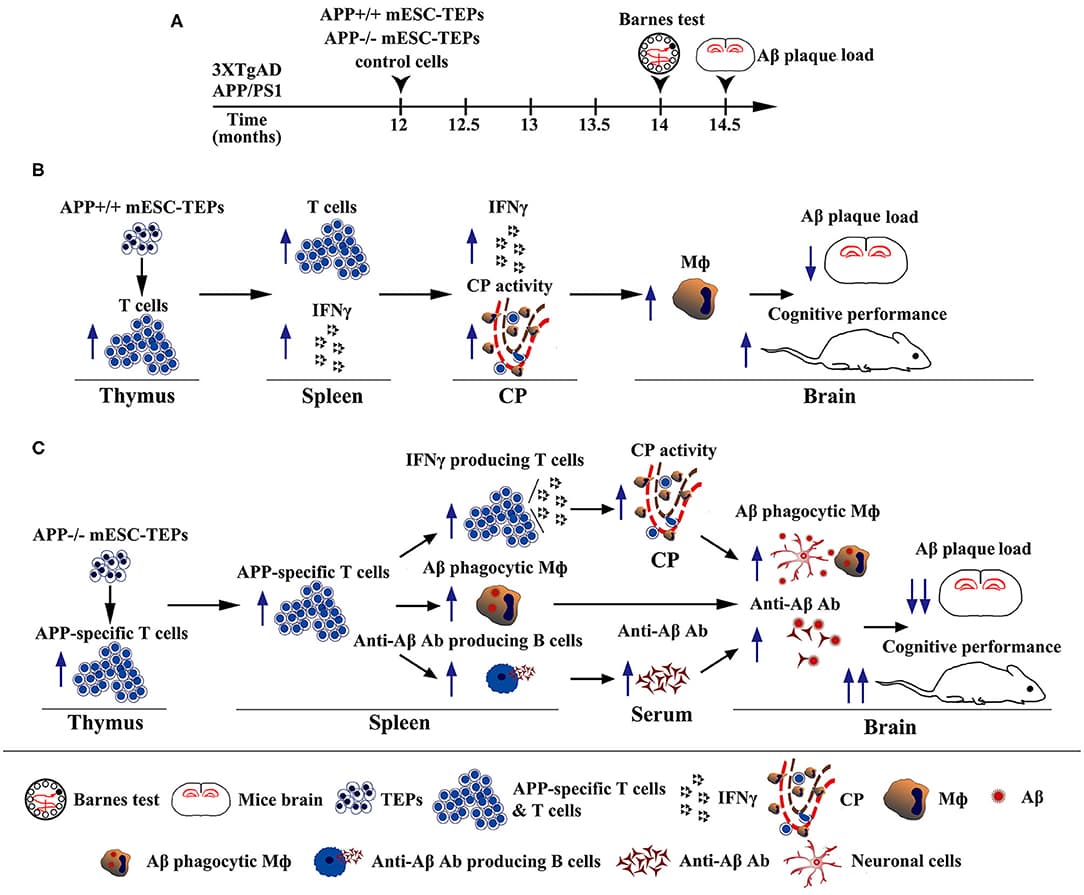Scientific Community Intensifies Focus on Thymus Regeneration Amidst Promising Advances in Immune Health

The scientific community is increasingly dedicating resources to the critical field of thymus regeneration, a sentiment underscored by medical professionals like Dr. Abud Bakri. Dr. Bakri recently stated on social media, "Spending all my free time and resources on thymus regen. There is nothing more important right now," reflecting a growing recognition of the thymus's pivotal role in immune health and longevity. This heightened focus comes as researchers uncover new insights into reversing age-related immune decline.
Thymic involution, the age-related degeneration of the thymus, significantly impairs the immune system's ability to produce new T cells, leading to immunosenescence and chronic low-grade inflammation, known as inflammaging. These processes contribute to increased susceptibility to infections, reduced vaccine efficacy, and a higher risk of age-related diseases. Restoring thymic function is therefore seen as a key strategy to enhance overall healthspan.
Recent scientific breakthroughs are fueling optimism in the field. A study published in Nature Aging in October 2025 detailed a comprehensive single-cell analysis of human thymus and peripheral blood, revealing the intricate dynamics of T cell development and aging. This research also introduced a novel immune aging clock model, n-TIME, which can predict immune age based on naive T cell profiles, offering a new tool for assessing interventions.
Various regenerative approaches are under active investigation, ranging from cell-based therapies to molecular targeting. Overexpression of the FOXN1 transcription factor has shown potential in restoring thymic architecture and enhancing T cell production. Additionally, cytokines like Interleukin-7 (IL-7) and growth factors such as growth hormone and ghrelin are being explored for their ability to stimulate thymopoiesis and improve immune function. Researchers are also developing synthetic thymus models and bioengineered organoids to replicate the thymic microenvironment and support T cell maturation.
Despite the complexities, the concerted efforts in understanding and manipulating thymic regeneration hold immense promise. These advancements could pave the way for novel therapies to combat immune aging, improve resilience against diseases, and ultimately extend healthy human lifespan, validating the dedication expressed by many in the scientific and medical community.